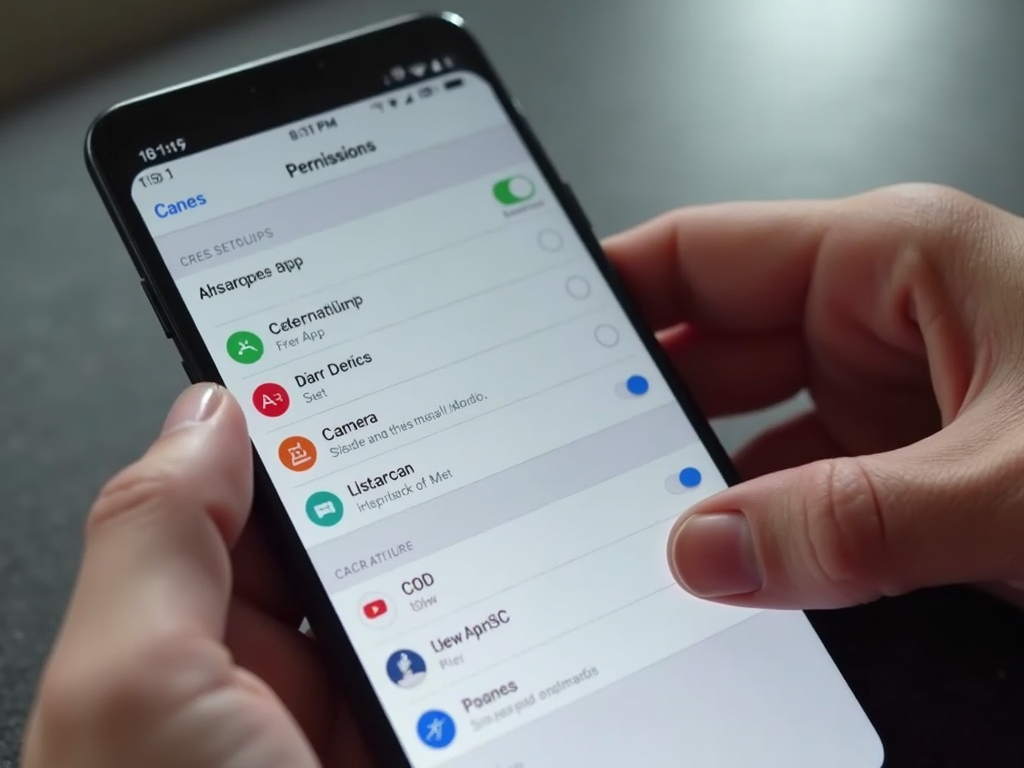Additional Privacy Measures for Mobile Browsing: Protecting Your Data on the Go
Overview
Your smartphone is your gateway to the world, but it’s also a target for prying eyes. This article dives into additional privacy measures for mobile browsing, compares Firefox Focus and DuckDuckGo, and shares practical tips to protect your online privacy on the go.
Why Mobile Browsing Privacy Matters
Smartphones are with us everywhere—coffee shops, airports, even our couches. That constant connection makes them prime targets for data tracking. Unlike desktops, mobile devices face unique risks: public Wi-Fi hacks, sneaky apps, and location tracking.
I learned this the hard way. Once, after using free Wi-Fi at a café, my phone started acting strange—ads popped up that seemed too personal. It hit me: my online privacy was at stake. That’s when I started exploring better ways to stay safe.

Starting with the Basics
Before we get into advanced stuff, let’s cover some simple privacy habits:
- Stick to HTTPS: Look for the lock icon in your browser—it means your connection is secure.
- Wipe Cookies: Clear them often to stop websites from tracking you.
- Turn Off Location: Only let apps know your spot when you say so.
These are easy steps, but they’re just the start. To really lock things down, you need more.
Additional Privacy Measures for Mobile Browsing
Here’s where we step up your game. These tips go beyond the basics and give you real control over your data.
1. Get a VPN
A VPN hides your internet traffic by sending it through a secure tunnel. It’s a must for public Wi-Fi. I use one every time I’m out—it’s like a shield for my phone. Pick one that doesn’t keep logs of what you do.
2. Turn On Do Not Track
Most browsers let you tell websites, “Hey, don’t follow me.” It’s not perfect—some ignore it—but it’s worth a shot.
3. Pick Privacy-Focused Browsers
Browsers like Firefox Focus and DuckDuckGo block trackers automatically. They’re built for people who care about online privacy. More on these later!
4. Check App Permissions
Apps love to snoop. I once caught a flashlight app asking for my contacts—why? Go to your settings and limit what apps can see.
5. Chat Securely
Use apps like Signal for messages that stay private. They lock your words so only the receiver can read them.
6. Be Smart on Public Wi-Fi
Avoid it if you can. If not, use that VPN and skip logging into anything sensitive.
7. Keep Everything Updated
New software fixes holes hackers can sneak through. Turn on auto-updates—it’s an easy win.
8. Add Two-Factor Authentication
This makes you prove it’s really you with a code or app. It saved me once when someone tried to break into my email.
These online privacy tools and habits work together to keep you safe.

Firefox Focus vs DuckDuckGo: Which Mobile Browser Is More Private?
Let’s break down two big names in privacy browsing. Both are awesome, but they do things differently.
Firefox Focus
This browser is all about keeping it simple:
- Blocks Trackers: Stops ads and trackers cold.
- Wipes Everything: Hit the trash icon, and your history vanishes.
- Light and Fast: No extra fluff—just privacy.
I love how it cleans up after me. It’s like a fresh start every time I browse.
DuckDuckGo
DuckDuckGo started as a search engine but now has a browser too:
- No Search Tracking: Your searches stay yours.
- Grades Websites: Gives sites an A-to-F score based on privacy.
- Forces Encryption: Makes connections safer when it can.
That grading thing? It’s cool to see which sites I can trust.
Side-by-Side Look
| Feature | Firefox Focus | DuckDuckGo |
|---|---|---|
| Blocks Trackers | Yes | Yes |
| Wipes History | Yes | No |
| Private Search | No | Yes |
| Website Grading | No | Yes |
| Easy to Use | Super Simple | More Tools |
So, Firefox Focus vs DuckDuckGo: which mobile browser is more private? If you want automatic cleanup, go with Firefox Focus. If you like knowing more about the sites you visit, DuckDuckGo’s your pick.

My Take on Staying Private
Privacy isn’t just about tools—it’s about how you think. I used to browse carelessly, but after that Wi-Fi scare, I got serious. Now, I double-check permissions, use a VPN, and stick to browsers that respect my privacy.
One time, a weird text link popped up. Because I had my defenses up, I didn’t click it and avoided a scam. It’s proof these steps work.

Wrapping It Up
Your phone doesn’t have to be a privacy risk. With additional privacy measures for mobile browsing—like VPNs, smart permissions, and browsers like Firefox Focus or DuckDuckGo—you’re in charge. Start small, stay consistent, and enjoy the web without worry.